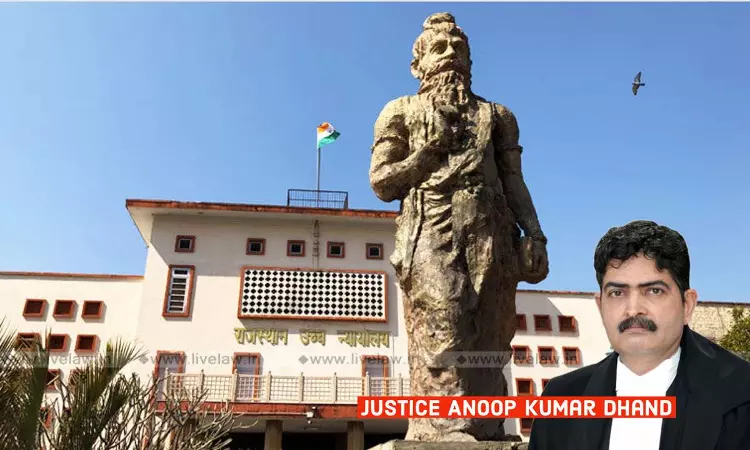Rajasthan High Court Orders Reinstatement Of BSF Constable Terminated In 2004 For Overstay Of Casual Leave
Udit Singh
21 July 2023 9:20 AM IST

Next Story
21 July 2023 9:20 AM IST
The Rajasthan High Court at Jaipur on Wednesday set aside the dismissal order of a BSF Constable who was terminated from the service in 2004 on account of over stay of casual leave.While directing the Union Government to reinstate the said constable, the single judge bench comprising Justice Anoop Kumar Dhand observed:“The impugned order dated 08.03.2004 has been passed by the Summary...
